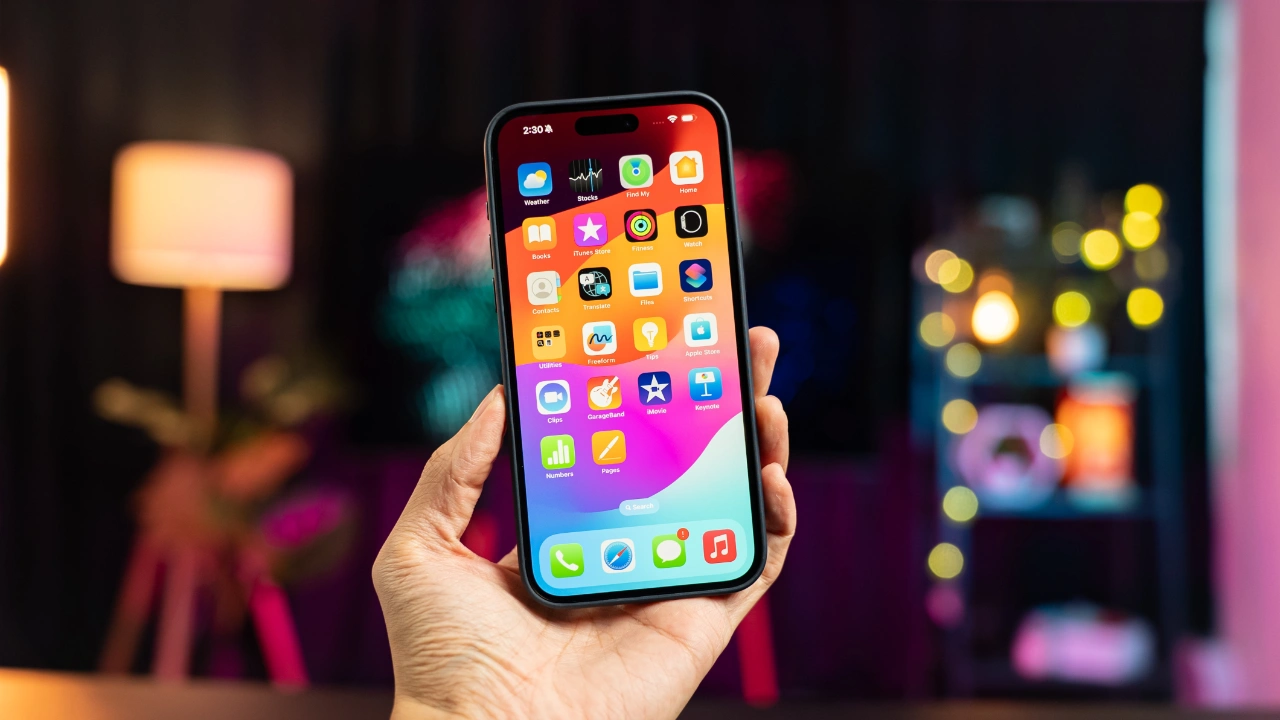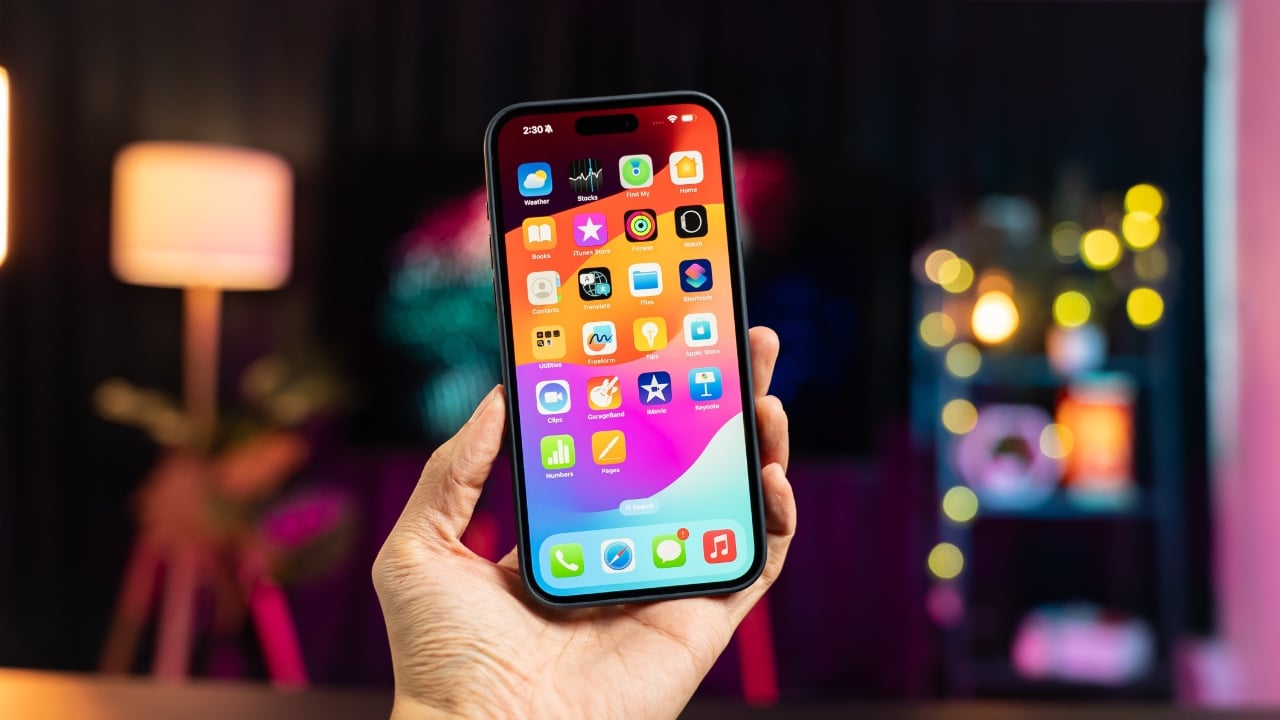
The iconic ringtone of an iPhone has become instantly recognizable, a subtle yet distinct signature sound that sets these devices apart. While the default ringtones are undoubtedly pleasing, nothing quite matches the thrill of hearing your favorite song or a personalized sound as your iPhone rings. Fortunately, adding custom ringtones to your iphone is a relatively straightforward process, allowing you to express your individuality and preferences every time your phone chimes.
Step 1: Gathering the Necessary Tools
Before embarking on your custom ringtone journey, ensure you have the following prerequisites:
- An iPhone: Any iPhone model running iOS 13 or later will suffice.
- A computer: You’ll need a Mac or Windows PC to transfer the ringtone files to your iPhone.
- iTunes or Apple Music: These applications serve as the interface for managing ringtones on your computer.
- Ringtone files: The audio files you wish to use as ringtones. These can be in MP3, AAC, or M4R format.
Step 2: Converting Audio Files to M4R Format
If your ringtone files are not already in M4R format, you’ll need to convert them using a media conversion tool. Several free online converters are available, such as Zamzar or Media.io. Simply upload the desired audio file, select M4R as the output format, and download the converted file.
Step 3: Transferring Ringtone Files to iPhone
- Connect your iPhone to your computer: Use a Lightning cable to establish a connection between your iPhone and your computer.
- Launch iTunes or Apple Music: Open either of these applications on your computer.
- Select your iPhone: In iTunes or Apple Music, identify your iPhone listed as a connected device.
- Access the Tones section: In iTunes, click the “Tones” tab. In Apple Music, click the “Devices” icon, then select your iPhone. Under “Settings for [iPhone Name],” click “Tones.”
- Drag and drop ringtone files: Drag and drop the converted M4R ringtone files from your computer to the “Tones” section in iTunes or Apple Music.
- Sync your iPhone: In iTunes, click the “Sync” button to transfer the ringtone files to your iPhone. If using Apple Music, the sync process should occur automatically.
Step 4: Setting Custom Ringtones
- Open Settings on your iPhone: Tap the “Settings” app on your iPhone’s home screen.
- Navigate to Sounds & Haptics: Scroll down and tap “Sounds & Haptics.”
- Select Ringtone: Under “Ringtone Sounds,” tap “Ringtone.”
- Choose your custom ringtone: Locate and tap the custom ringtone you added earlier.
Enjoy your personalized ringtone: Your iPhone will now ring with your chosen custom ringtone.
Additional Tips and Considerations
- Ringtone length limitations: Custom ringtones are limited to 40 seconds in length. You may need to trim longer audio files before converting them to M4R format.
- Editing ringtone names: You can edit the names of your custom ringtones in iTunes or Apple Music. Double-click the ringtone file, enter the desired name, and press Enter or Return.
- Using custom ringtones for specific contacts: You can assign different custom ringtones to individual contacts. In the Contacts app, select the desired contact, tap “Edit,” then tap “Ringtone” and choose your custom ringtone.
Embrace the freedom of personalization and transform your iPhone’s ringtone into a reflection of your unique style. With these simple steps, you can effortlessly add custom ringtones, making every incoming call a delightful symphony of your choice.
Image Credit: Amanz
Filed Under: Apple, Apple iPhone, Guides
Latest timeswonderful Deals
Disclosure: Some of our articles include affiliate links. If you buy something through one of these links, timeswonderful may earn an affiliate commission. Learn about our Disclosure Policy.

